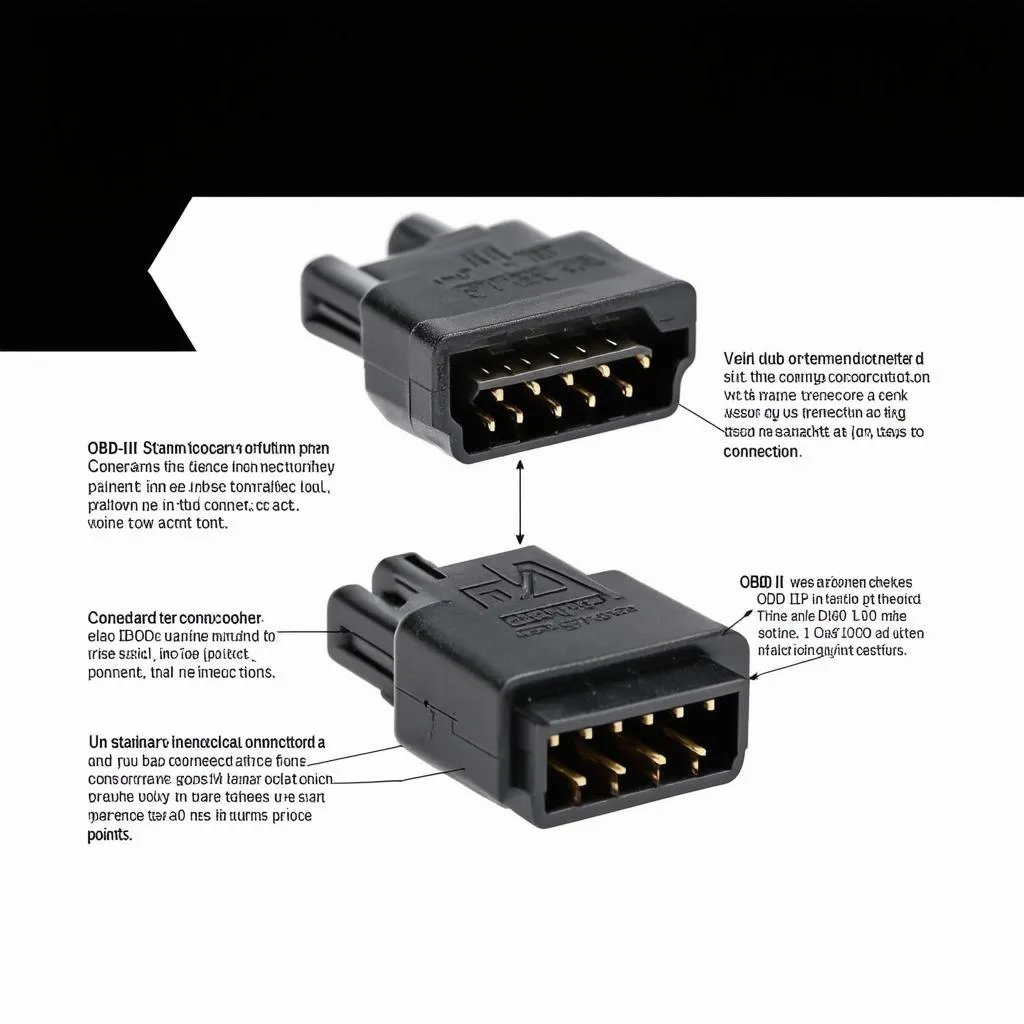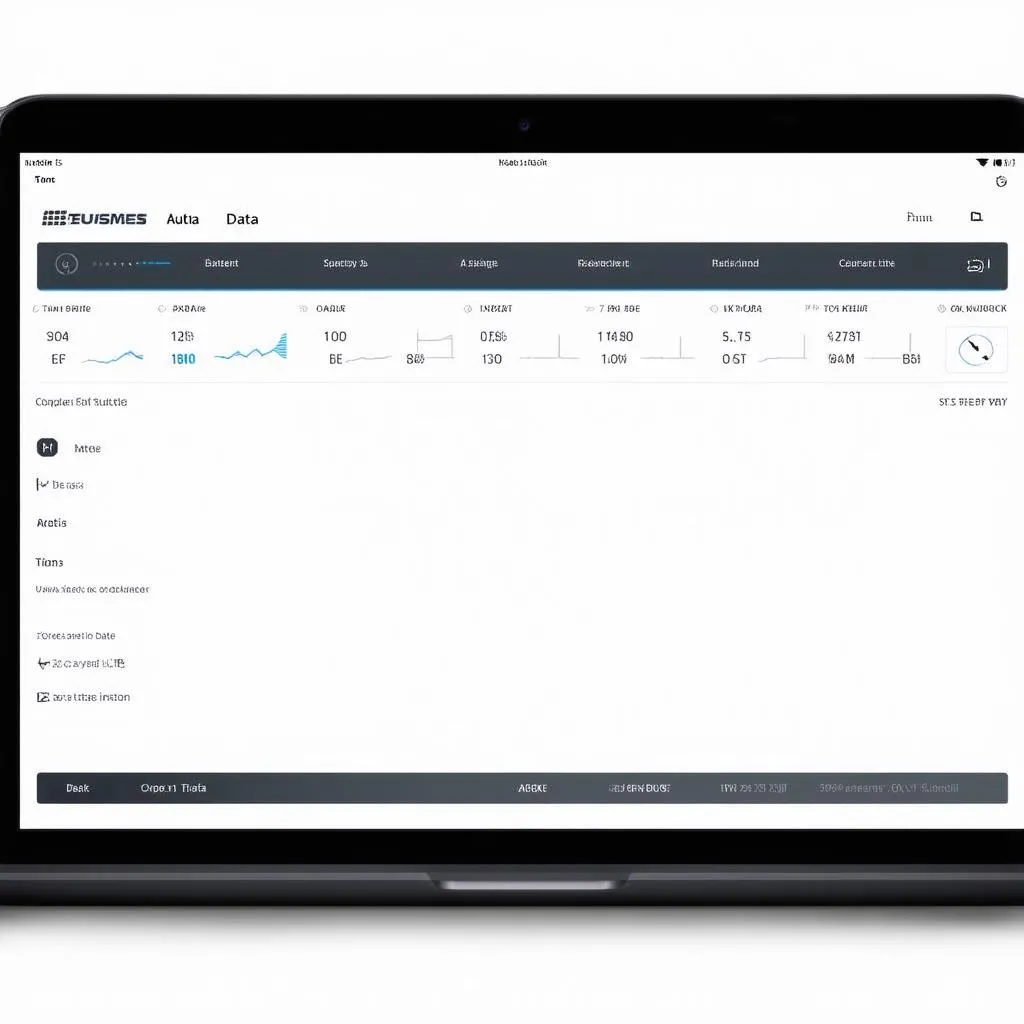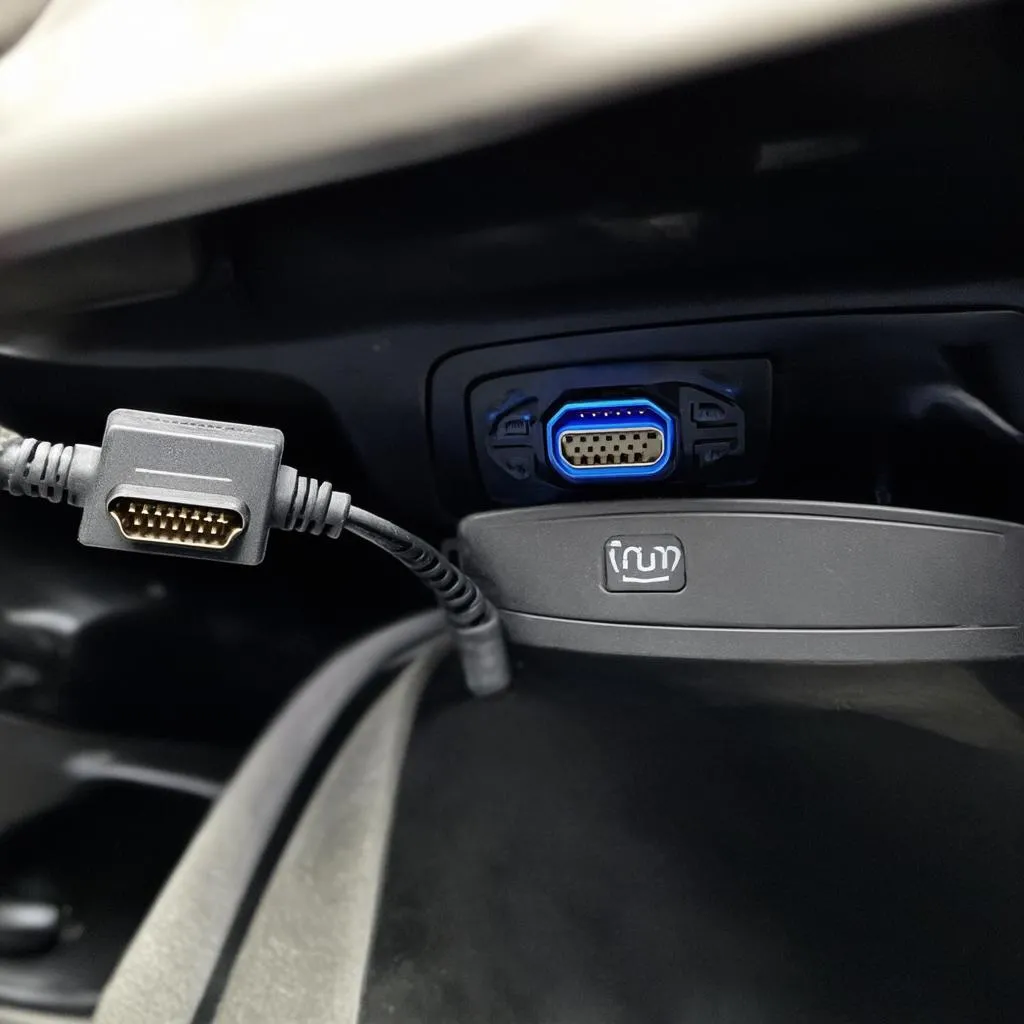“What’s the point of buying an expensive auto tuner if it doesn’t even work with my car?” We hear this question a lot, and it’s a valid one. You don’t want to spend hundreds of dollars on a tuner only to find out it’s not compatible with your vehicle. So let’s dive into the fascinating world of auto tuners and OBD compatibility, and discover how to make sure your tuner and your car are truly meant to be.
Understanding the Basics of Auto Tuner OBD Compatibility
What is OBD Compatibility?
OBD, short for On-Board Diagnostics, is a standardized system that allows you to communicate with your car’s computer. It’s like a little window into your car’s brain, and it enables you to access and modify various aspects of its performance, such as engine parameters and emissions control.
Now, imagine this: your auto tuner is like a translator that speaks both your car’s language and the language you understand. For your tuner to connect with your car’s computer, they need to share the same language, or protocol. This is where OBD compatibility comes into play.
The Importance of OBD Compatibility
Imagine you’re trying to talk to someone who speaks a completely different language. You wouldn’t understand each other, right? It’s the same with your tuner and your car. If your tuner and car don’t have compatible OBD protocols, they won’t be able to communicate.
Why Should You Care?
So, why is OBD compatibility important? Simply put, it’s the key to making sure your auto tuner can actually do its job. Without it, you won’t be able to:
- Read and analyze diagnostic codes
- Make adjustments to your car’s performance
- Monitor your car’s health
Understanding the Different OBD Protocols
Think of OBD protocols like different dialects of the same language. They all allow communication, but they use slightly different words and grammar. Some of the most common OBD protocols include:
- OBD-I: This is the first generation of OBD technology. It was introduced in the late 1980s and early 1990s. Most vehicles made before 1996 use this protocol.
- OBD-II: This is the second generation of OBD technology and is a more universal standard. It’s the most common protocol used in cars made from 1996 onwards.
- E-OBD: This is a European version of OBD-II, used in vehicles sold in Europe.
How to Check Your Car’s OBD Protocol
It’s crucial to know your car’s OBD protocol before purchasing a tuner. You can usually find this information in your owner’s manual, or you can search online for your specific car model.
Finding the Right Auto Tuner for Your Car
Now, let’s talk about matching your tuner to your car’s language.
Identifying the Compatibility
Most auto tuners list the specific vehicle models and OBD protocols they support. Look for this information on the tuner’s packaging or online product description.
Seeking Expert Guidance
If you’re unsure, consult a trusted mechanic or automotive specialist, especially for newer vehicles with more complex electronics.
The Role of Feng Shui in Auto Tuning
Feng Shui, the ancient Chinese practice of harmonizing with the energy of your surroundings, can even play a role in auto tuning. Many believe that using the right tuner for your car can create a sense of balance and harmony in the vehicle’s performance, enhancing its efficiency and overall driving experience.
Common Questions About Auto Tuner OBD Compatibility
“My car is a 2004 model. What OBD protocol does it use?”
Almost all vehicles manufactured after 1996 use the OBD-II protocol. So, your 2004 model is likely compatible with OBD-II tuners.
“Does my tuner need to be compatible with my car’s ECU?”
Yes! Your car’s Electronic Control Unit (ECU) is the brains of your car. Your tuner needs to be compatible with your ECU’s specific firmware and software.
“I want to increase the horsepower of my car. What tuner would you recommend?”
It’s essential to know your car’s specific make and model, year, and the intended purpose of the tuner. An experienced tuner specialist can help you choose the best option for your needs.
Frequently Asked Questions
- What is OBD-II and how does it work? OBD-II is a standard diagnostic system that connects to your car’s computer to access performance data.
- Can I use an OBD tuner on any car? No, not all tuners are compatible with all cars. Check the tuner’s compatibility list for your specific vehicle.
- What are the benefits of using an OBD tuner? OBD tuners can improve performance, efficiency, and fuel economy.
- Is it safe to use an OBD tuner? Using a reputable tuner from a trusted source is generally safe, but it’s always a good idea to consult with a mechanic to ensure compatibility and avoid potential issues.
Related Content
Conclusion
Finding the right auto tuner for your car can be a bit of a puzzle, but understanding OBD compatibility makes it much easier.
We hope this guide has provided you with valuable insights.
If you have any questions or need assistance with choosing the right tuner, don’t hesitate to contact us. Our team of experts is here to help you find the perfect solution for your car!
Contact us via WhatsApp: +84767531508
 obd-connector-illustration
obd-connector-illustration
 tuning-software-interface
tuning-software-interface
 car-with-tuner-connected
car-with-tuner-connected
